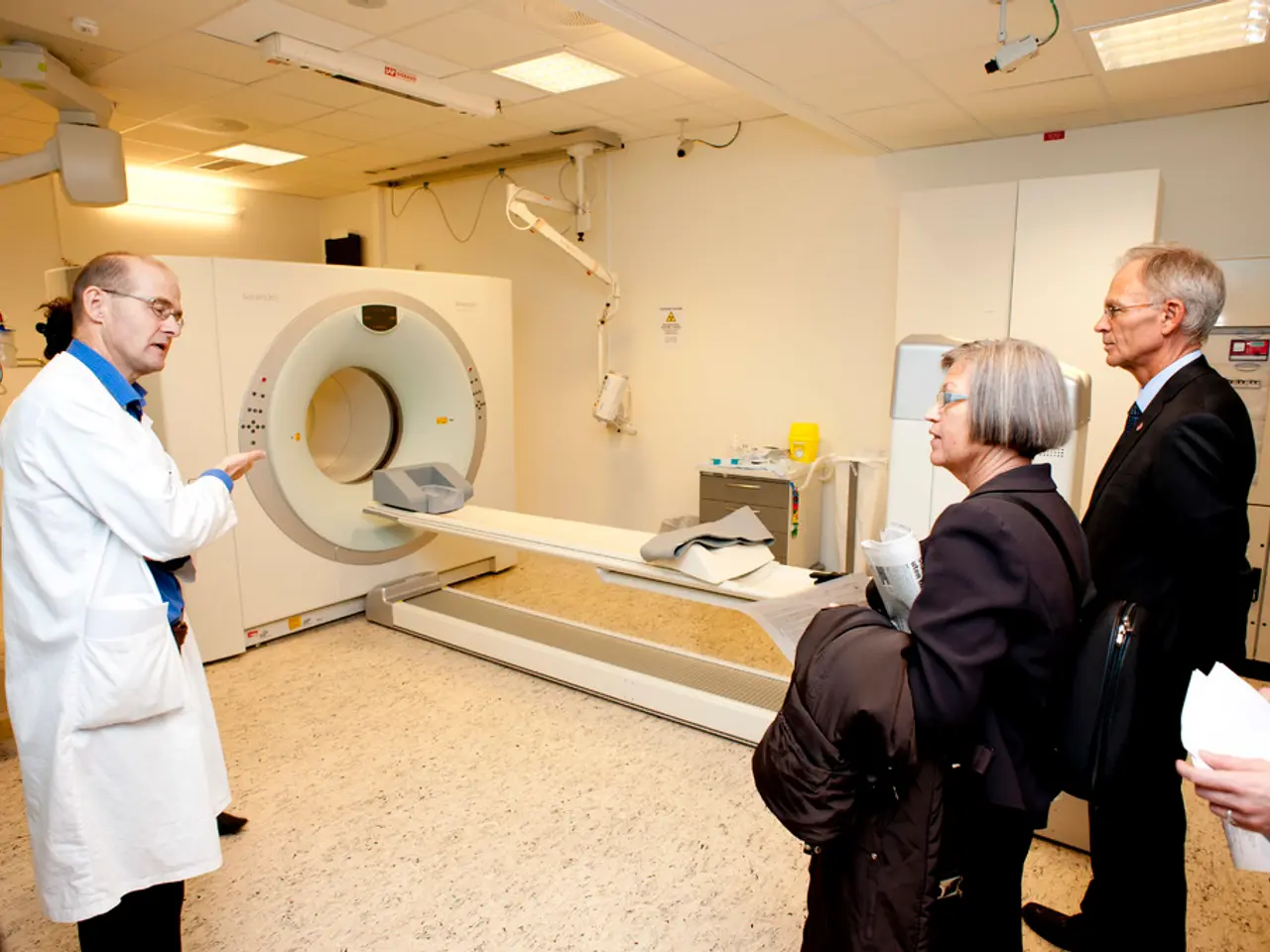Rates of suicide in Italian prisons are cause for significant concern
In Italian prisons, a distressing trend has emerged: suicide rates among inmates are significantly higher than within the general population. This alarming statistic can be attributed to a multitude of factors, primarily overcrowding, poor conditions, inadequate mental health services, and the use of solitary confinement.
Italian prisons are severely overcrowded, with an overcrowding rate of around 135% as of May 2025. This overpopulation leads to inadequate living conditions and insufficient access to mental health services, exacerbating stress and isolation among inmates. Moreover, many suicides occur in solitary confinement, where inmates have limited human contact and psychological support.
The prison system in Italy lacks adequate mental health services and psychological support, which are essential for addressing the mental health needs of inmates. This deficiency, combined with the oppressive living conditions, can intensify feelings of despair and hopelessness among inmates.
President Sergio Mattarella has acknowledged the high suicide rate as a social emergency, urging the government to address the issue. Previous judicial actions, such as the European Court of Justice's "Torreggiani" judgment in 2013, have forced Italy to improve prison conditions and reduce overcrowding by implementing alternatives to imprisonment.
However, current policies, such as Prime Minister Giorgia Meloni's law-and-order crackdown, are criticized for potentially worsening the situation by increasing prison sentences and limiting alternatives to imprisonment. NGOs and experts are advocating for policies that reduce isolation and increase social support measures within prisons.
The dire state of Italian prisons has been brought to light by former Italian politician Gianni Alemanno, currently serving time in Rome's Rebibbia prison for corruption. He has highlighted the sweltering heat in cells due to the current heatwave, and more than a third of inmates do not even have the three square meters considered the minimum by the European Court of Human Rights.
The Italian government has passed new laws that could put even more people behind bars, increasing the overcrowding issue. Between 83 and 91 inmates took their own lives in 2024, with the exact number still unclear as investigations continue. The current Antigone report, titled "Senza respiro" (Without Breath), highlights the unbearable and undignified conditions in Italy's prisons.
Hunger and thirst strikes in Italian prisons have increased by 35% compared to 2023, and the situation is the worst in Milan's San Vittore prison, with a 220% overload. Inmates have complained about overcrowding and the addition of extreme heat, stating that politics is ignoring the increasing protests. Violent attacks on prison staff have occurred, leading to a law being passed to punish passive resistance with a longer prison sentence to protect staff.
The Italian government had good intentions to create 7,000 new prison places within two years, with a budget of 236 million euros. However, less than three square meters per inmate is considered "degrading and humiliating" by the European Court of Human Rights, and Italy's prisons have uninhabitable cells, reducing the effective capacity by 4,500.
Currently, only 16 prefabricated modules, each with space for 24 inmates, are expected to be delivered by January 2026, providing an additional 400 places. The opposition calls for alternative penalties and does not rule out an amnesty. The suicide rates among inmates in Italy are five times higher than among free citizens, a statistic that underscores the urgent need for comprehensive reforms to address the root causes of high suicide rates in Italian prisons.
- The distressing trend of higher suicide rates among inmates in Italian prisons can be attributed to inadequate mental health services and poor living conditions, as highlighted in Community policy and health-and-wellness discourses.
- Amidst the call for comprehensive reforms, the ongoing political debate revolves around Prime Minister Giorgia Meloni's law-and-order policies and their potential impact on mental health and suicide rates in prisons, under the umbrella of politics and crime-and-justice.
- As the suicide rate among inmates in Italy is five times higher than among free citizens, science and evidence-based research could offer insights into developing effective employment policy strategies to reduce isolation and improve mental health of prisoners, thereby contributing to general-news discussions on prison reform and human rights.




